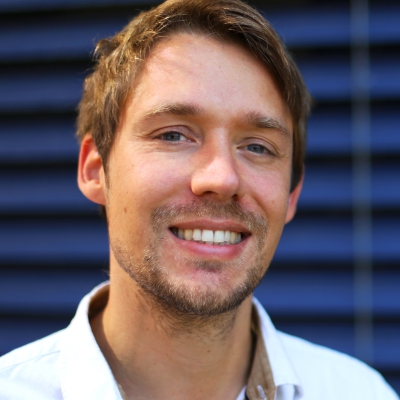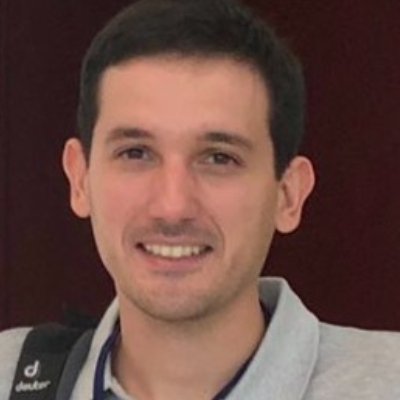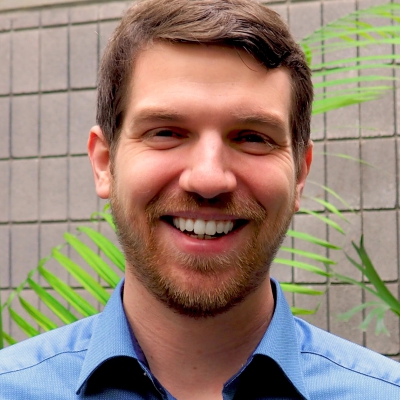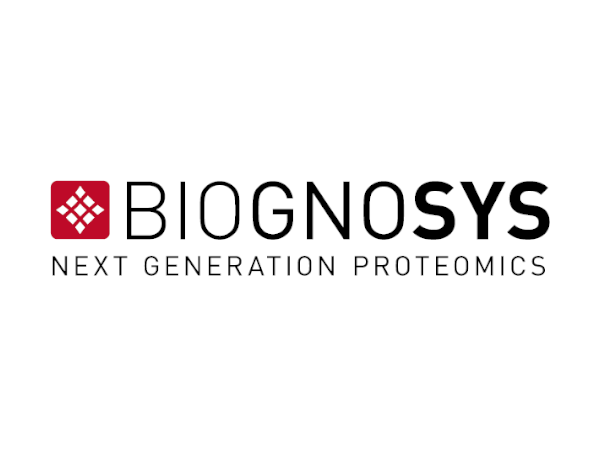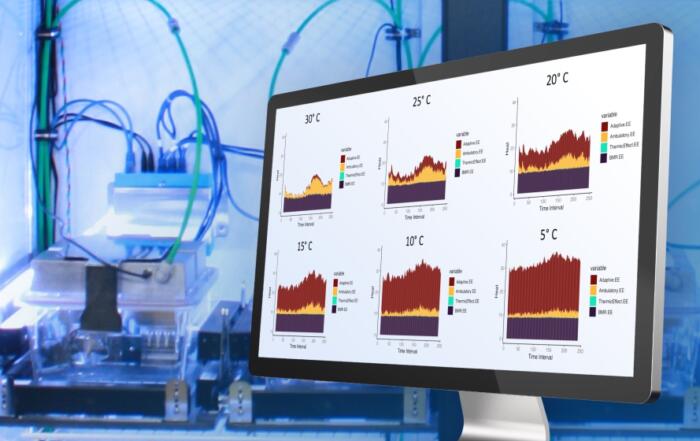Data-independent acquisition (DIA) has become the method of choice for large-scale discovery proteomics. Its application for single-cell analysis promises to be more sensitive, robust, and reproducible than other proteomic approaches but is still a fairly unexplored territory.
Data-independent acquisition (DIA) has become the method of choice for large-scale discovery proteomics. Its application for single-cell analysis promises to be more sensitive, robust, and reproducible than other proteomic approaches but is still a fairly unexplored territory.
In this webinar, Andreas-David Brunner presents a robust and scalable single-cell DIA proteomics workflow using ion mobility technology (dia-PASEF), developed at the Max Planck Institute of Biochemistry (Matthias Mann Lab). The team quantified up to 1,500 proteins in a drug perturbation experiment using Spectronaut – the gold standard software for DIA proteomics. In a second step, they compared single-cell proteomics data to publicly available single-cell RNA-sequencing data, revealing fundamental differences in regulation between the two modalities.
At this event, Biognosys launches the much-awaited Spectronaut 15. The latest version of the software comes with many novel and improved applications. Oliver M. Bernhardt, the lead developer of Spectronaut, shows you how to take advantage of these new features:
- Benefit from significant improvements to directDIA, the industry-leading workflow for DIA analysis without a spectral library
- Gain deeper insights into the biological roles of protein modifications, with more comprehensive PTM site analysis
- Learn about the improved deep learning augmentation with significant advantages for immunopeptidomics and ion mobility data analysis
- Experience the most powerful data visualization for DIA proteomics, now in an even more intuitive user interface
Resources
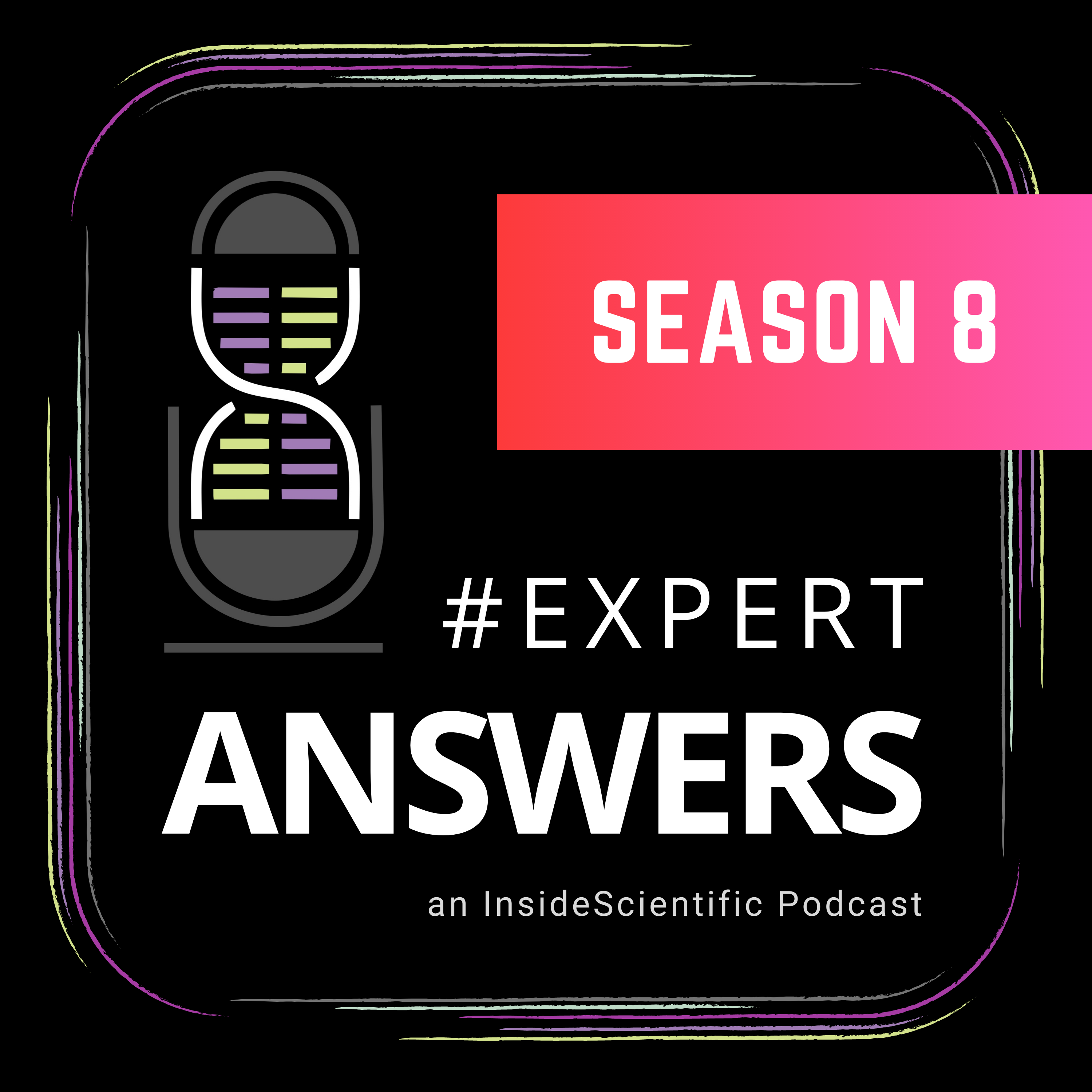
To retrieve a PDF copy of the presentation, click on the link below the slide player. From this page, click on the “Download” link to retrieve the file.
Presenters
Principal Scientist
Bioinformatics
Biognosys
Postdoctoral Researcher
Matthias Mann Lab
Max Planck Institute of Biochemistry
Product Manager
Bioinformatics
Biognosys

